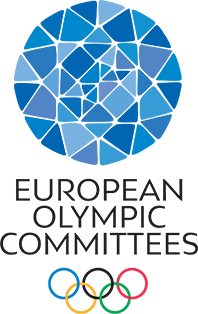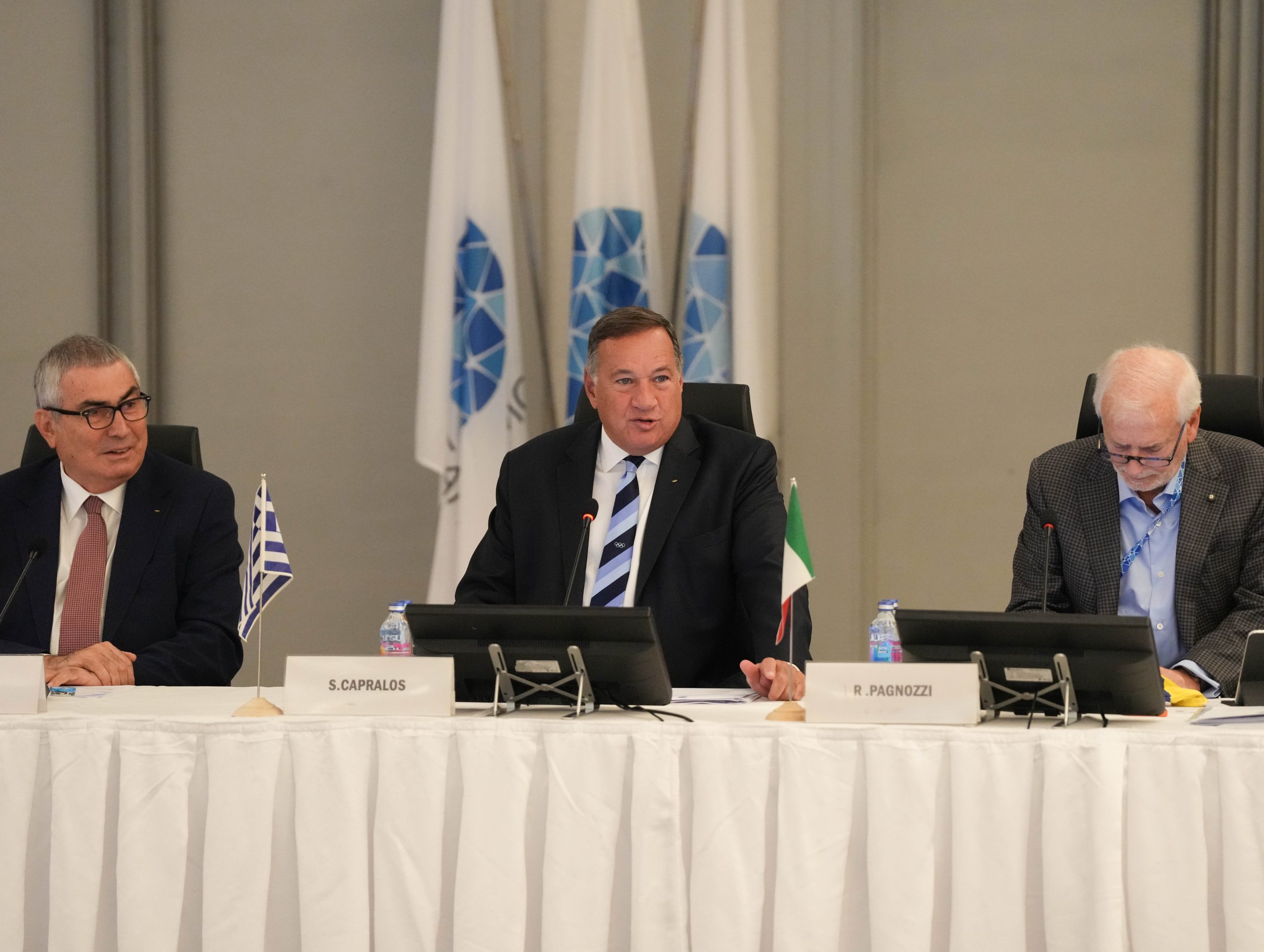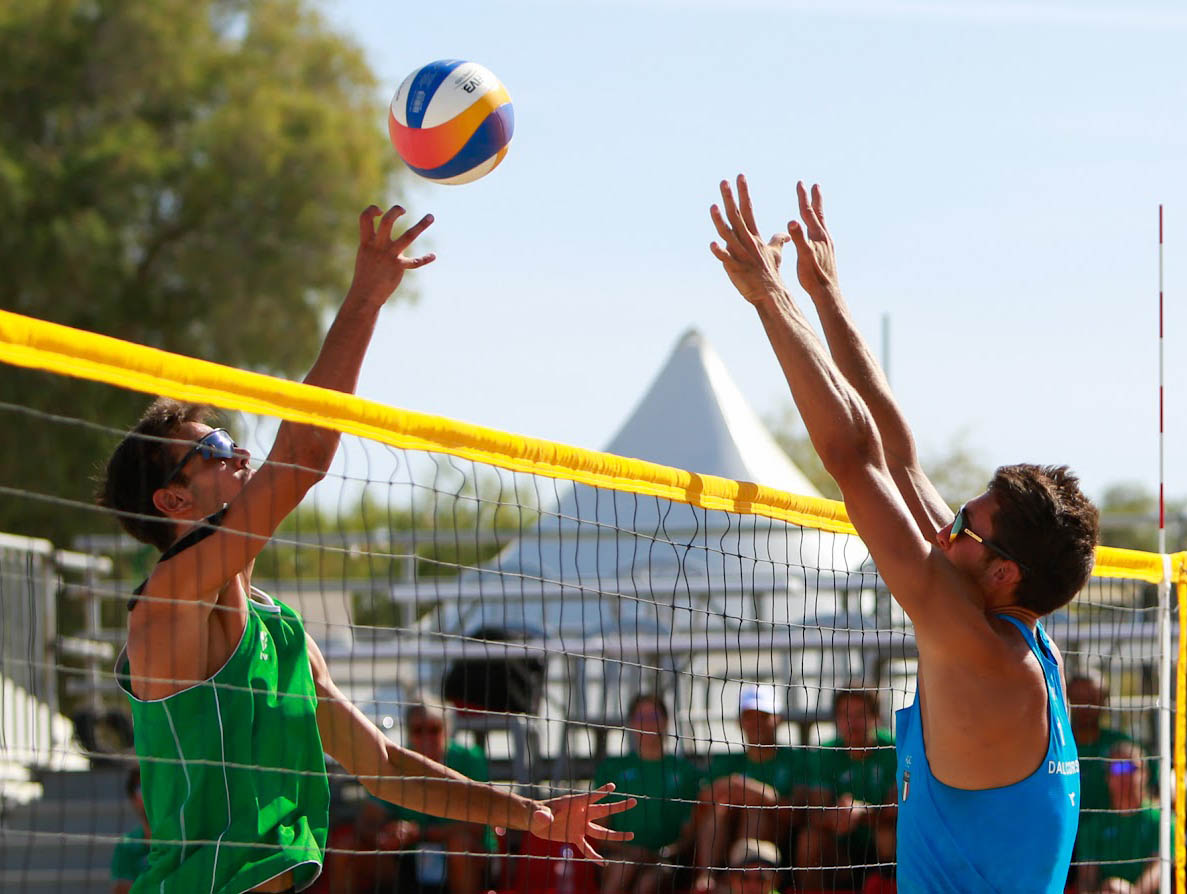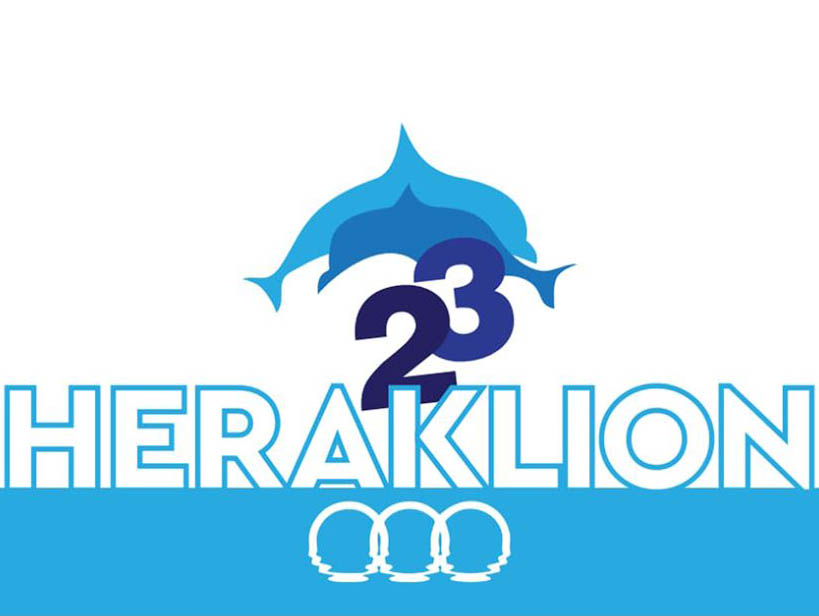Witold Bańka joined the World Anti-Doping Agency (WADA) as its new President on New Year’s Day this year, just a few weeks before the COVID-19 pandemic gripped the world. To say it’s been a busy year for the 36-year-old and the global body he leads would be an understatement.
In this second part of a two-part interview (part one can be read here), Bańka discusses the many measures being undertaken by WADA and anti-doping agencies worldwide to protect clean athletes during the pandemic, preparations for the rescheduled Olympic Games Tokyo 2020, and the important role the European Olympic Committees (EOC) and European National Olympic Committees can play in educating young athletes about the dangers of doping.
Q: Tell us about the expert testing group WADA has formed to identify lessons from the coronavirus pandemic.
A: It is vital that WADA continues to provide leadership to our partners in the clean sport community during the COVID-19 pandemic. For that reason, a multi-disciplinary testing expert group was formed to identify lessons that can be learned from this unprecedented time and ensure the global anti-doping community can respond effectively to potential similar public health crises in the future.
Restrictions are being lifted in a growing number of countries around the world and, as a result, Anti-Doping Organizations [ADOs] are resuming their testing programs, following the guidance provided by WADA and the various health authorities. In line with a commitment given on 6 May, WADA has established a 10-person Strategic Testing Expert Group that is, among other activities, collecting and assessing feedback from ADOs on their testing programs during the COVID-19 pandemic. It is important that we fully understand the impact of the pandemic on global anti-doping programs to identify what lessons can be learned and what improvements can be made to the global anti-doping system should similar public health crises arise in the future. As part of the review, WADA sent a survey to ADOs seeking the latest information on their testing programs in order to build a global picture. While the situation continues to evolve, we remain ready to assist Anti-Doping Organizations in supporting and monitoring their anti-doping programs.
Q: How has Covid-19 affected WADA’s work and what changes has WADA had to make in light of Covid-19?
A: Our first priority during the coronavirus pandemic has always been the health and safety of athletes, doping-control personnel and the general public. So, it is no surprise that there was a reduction of testing programs in many parts of the world over the past months. However, now that activities are resuming in a growing number of countries, it is encouraging that anti-doping work has intensified quickly, with more than 11,000 samples collected in July and in excess of 13,000 in August. Anti-Doping Organizations are to be congratulated for their efforts as they show their commitment to their testing programs while continuing to follow the advice of health authorities.
Where testing programs can resume, we are providing clear guidance so that the integrity of the system can be maintained without jeopardizing the health of athletes, sample collection personnel or anyone coming into contact with them. It is crucial that the system can return to full power as quickly as possible once the various restrictions are lifted, in line with the different circumstances around the world.
Fortunately, testing is not the only weapon we have to protect clean sport in these difficult times. In particular, investigations, long-term storage and reanalysis of samples, and the Athlete Biological Passport are especially important. And we as the anti-doping community are using all those tools.
In addition, it should be remembered that most athletes are honest and would not attempt to cheat even if they thought they would get away with it.
What this pandemic has demonstrated is the need for further innovation in anti-doping. WADA knows that to make anti-doping more effective, we continually need to innovate. Our work, in collaboration with the wider anti-doping community, researching new sample collection and analytical techniques has been ramped up, in particular in the areas of dried blood spot analysis and artificial intelligence. We continue to develop practical applications for these innovations while ensuring the appropriate consultation process is followed, and that they are legally sound and in compliance with the World Anti-Doping Code and related International Standard before coming into force.
Q: How has Covid-19 affected WADA’s preparations for Tokyo 2020, notably the scale of the planned operation?
A: At this stage, we continue to plan in conjunction with the International Olympic Committee (IOC), International Paralympic Committee (IPC), and International Testing Agency (ITA) to assist them in their delivery of an effective and efficient pre-Games testing regime as well as a comprehensive in-Games program. We plan to send an Independent Observer team to Tokyo next year, as usual. Since its launch in 2000, the Independent Observer program has helped enhance athlete and public confidence at major sport events by randomly monitoring and reporting on all phases of the doping control and results management processes in an objective and unbiased manner. In addition, we intend to conduct in-person athlete outreach at Tokyo 2020 as we always do. Outreach activities focus on creating a positive first experience with anti-doping, increasing visibility at events to enhance understanding, and providing an outlet for athletes and support personnel to engage with Anti-Doping Organizations’ staff.
Q: In your opinion, what are the biggest issues WADA currently faces within Europe? What can European NOCs, sports organizations, and administrators do to help?
A: The major challenge for Europe lies in its main opportunity: diversity. It is great that the continent is so diverse, and it gives us an opportunity to encourage knowledge sharing between NADOs in Europe, so we gradually build capacity across the continent. But on the other side of the coin, it obviously means that there are discrepancies between highly robust anti-doping programs in some countries, and less advanced ones elsewhere.
In Europe, the European Olympic Committees have a role to play since they are now an important Major Event Organization with events of different levels and age grades. Those events often represent a first step into the elite level for athletes and thus should contribute to the building of their anti-doping awareness and knowledge.
Finally, NOCs are crucial in guiding athletes on their pathway to the extremely high level. It really is their responsibility to raise awareness and ensure that the first contact athletes have with anti-doping is not via testing but rather with quality, values-driven education.
Q: Sample re-testing has proven to be successful. How much further can WADA take this program?
A: Retroactive sample analysis is a hugely important element of the anti-doping system and it is yielding real results. It is about delivering justice for clean athletes. The World Anti-Doping Code makes it possible to open a disciplinary proceeding within 10 years from the date an Anti-Doping Rule Violation occurred. So as science advances, reanalysis is a powerful means for advancing clean sport and if athletes choose to cheat, they cannot rest easy until a full decade has elapsed. I believe reanalysis serves as a strong deterrent to those who may consider cheating and it is WADA’s intention to continue with this initiative and expand it where possible.
Q: What athlete education programmes have you devised for the next few major events?
A: Values-based education initiatives are essential to the protection of clean athletes. Education is today one of our best weapons in the battle for clean sport and we need to ensure all Anti-Doping Organizations, as well as Governments, are investing in it as a matter of priority. As WADA strives to build a world of clean sport, the power of education in the success of that mission is becoming stronger all the time.
The role of education is to protect the spirit of sport from being undermined, with the objective of preventing intentional or inadvertent use of prohibited substances and methods. We have made some important advances for clean sport education with the passing last year of the new International Standard for Education and the establishment of a stand-alone WADA Education Department that is delivering new initiatives, increasing the profile of education and enhancing the role of social science research within anti-doping.
All WADA’s education tools can be found on the website.
Q: How are talks progressing with the US government after their threat to withdraw funding? How big a shock to WADA was it that they made this threat?
A: The world of anti-doping needs unity at this time, not division. My focus remains absolutely on the welfare of athletes and, for their sakes, we must continue to protect the anti-doping system that has served clean athletes. Fairness for athletes all over the world remains my number one priority. I will never let clean athletes become hostages of political games.
This is a critical time for those of us who love sport and want to protect it from people who would cheat the system. I still stand ready to work with the US Government on this and I am hopeful that the USA will continue to contribute to the global anti-doping program. What our stakeholders are telling us is that this episode has highlighted the need for more commitment and accountability within the clean sport community. The only way to preserve the global system is for everyone involved to stand united and work together to make it stronger.
Photo credit: WADA


















